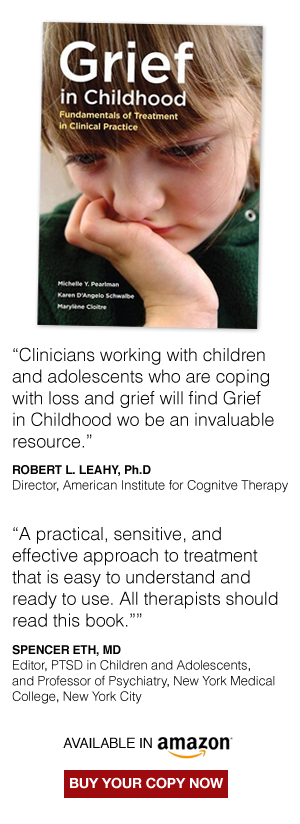Cool It Now
As the New Edition song says, “You got to cool it now… you’re gonna lose control.” Or as yet another 80s classic says (this one from those wise old men known as Frankie Goes to Hollywood), “Relax!” Seriously, one of the hardest things for kids to do is to calm down when emotions run high, such as when they are feeling upset, frustrated, or scared. Let’s face it, it’s not always easy for us grown-ups to keep our cool, either. Fortunately, there are specific strategies that can be learned to make calming down easier.
When a situation is getting the better of us and we are starting to feel overwhelmed or out of control, our body reacts in specific ways. We may feel our heart beating a little faster, or our muscles getting tense, or our face getting flushed. These reactions may be thought of as our body’s way of telling us to stop, take a deep breath, and relax. The following strategies may be used in these situations, and variations can be used for people of all ages, from tantruming toddlers to peeved parents.
1. Remember to breathe. It turns out that deep breathing really can help you to feel more relax and calm the body’s natural fight or flight reactions. Deep breathing comes from way down in the diaphragm, and you know you are doing it correctly when you can see your belly rise when inhaling and fall when exhaling. This is in contrast with shallow breathing, which occurs higher up in the chest and can actually perpetuate feelings of anxiety and tension. (Think about what breathing sounds like in someone who is crying uncontrollably- shallow gasps for breath, which may even lead to hyperventilation or feelings of nausea). Children can be taught to take a deep breath in to fill the belly like a balloon and then to exhale to let the air out. Another way to help smaller children with this concept is to have them lie down and place a book or other small object on their stomachs, practicing deep breathing until they see the object rise and fall with each breath.
2. Take a time out. This one isn’t just for preschoolers, but for any of us that just need to step back from an upsetting situation to calm down and clear our heads until we can figure out the right course of action. Parents can help their children by framing time outs as an opportunity to regroup and try again, rather than as a punishment for bad behavior. While the rule of thumb for smaller children is one minute for every year of life (i.e., two minutes for a 2-year-old and so on), older kids may benefit from a gentle reminder to take a break during times of conflict and emotional upset to gather their thoughts. Time outs also provide good opportunities to practice the type of deep breathing described above.
3. Relax. Strategies that work to relax the body’s muscles have been proven beneficial in reducing symptoms of stress, pain, and anxiety. It is helpful to go through each body part, one at a time, alternating between tensing and relaxing the muscles. For example, clench your toes into your feet as tightly as you can, hold it for a moment, and then relax the foot. Feel the difference between the tension and relaxation in your foot. This strategy can be repeated up the entire body, doing one major muscle group at a time (i.e., one leg and then the other, followed by the stomach, chest, arms, fingers, neck, and face). For younger children who may not be able to focus on one muscle group at a time, a simpler strategy may be used. A common technique is to have the child make his body strong and stiff, like an icicle, and then soft and relaxed, like the ice has melted into a puddle on the floor.
4. Practice these strategies with your kids. Teach through example by modeling how to calm down during stressful situations. Let them hear you take deep breaths while sitting in traffic, or tell them that you are taking a moment to relax when coming home from work. It is also okay to acknowledge that you are feeling stressed out from time to time, especially if you are able to show them how you handle these feelings. This will teach them important lessons about how to cope, and maybe you actually will get a moment for yourself to relax in the process!

 I am a clinical psychologist living and working in private practice in Rockland County, New York. I am also an adjunct faculty member in the Department of Child and Adolescent Psychiatry at the New York University (NYU) School of Medicine (
I am a clinical psychologist living and working in private practice in Rockland County, New York. I am also an adjunct faculty member in the Department of Child and Adolescent Psychiatry at the New York University (NYU) School of Medicine (
Comments are closed.